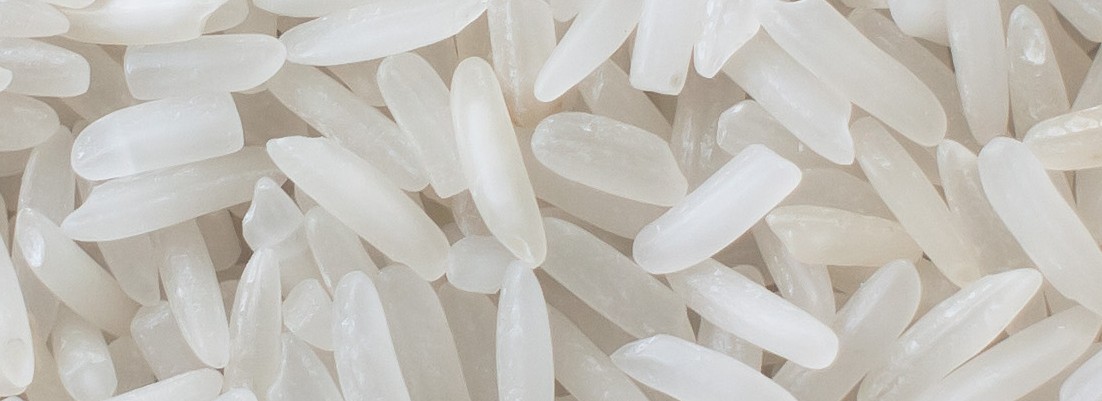
Anna, Joseph and I are not long home from our three week visit to Kenya, but in some ways it is long enough. Long enough that our bodies are officially in this time zone, long enough that grocery store aisles and people walking pets don’t seem so strange anymore. And as the days tick on it becomes more of a struggle to remember what life was like there, to remember the things that grabbed us, impacted us, changed us. This is a great sorrow for me and I have been looking for ways to keep it all alive for us. The easiest way to do this has turned out to revolve around food.
What made our trip so special was the Kenyan family with whom we stayed as guests. The family was comprised of house parents and their baby along with thirteen children, most of whom were orphaned and most of whom were HIV positive. This family immediately welcomed us in and made us part of every daily activity. We washed our clothes in buckets alongside the children, Anna prepared meals with all the girls in the kitchen, Joseph swept the yard with the boys, and I worked in the garden. Meals were eaten all together and while they were tasty, a theme quickly emerged. The Kenyan staples are rice, beans, maize, kale, and ugali – a corn flour porridge. At one point the house daddy asked me what our staple foods were in Canada…and I choked. I couldn’t think of what our staples are because in Canada the truth is that we can almost eat what we want when we want it. Standing in our home I am often embarrassed by how much we have, but this was the first time I was embarrassed by what we eat.
It was then that I had the idea to do something very simple, not very radical, but hopefully consistent and long-lasting. After a conversation with Anna and Joseph we decided that once a week we would eat rice and beans – not fancy rice and beans with cheese melted on top and salsa on the side – just rice and beans.
So, now every Tuesday night when we sit down to what is a daily meal for most Kenyans, when we thank God for the blessings of the day and for the food, we remember our friends far away. We are careful, as we pray, not to pity. To pity is to not fully accept someone’s reality, because in the very act of pitying there is a desire to rescue them from their situation, to make a change. This act of eating rice and beans is intended as a full acknowledgement of what is a fact of life for an enormous part of the world’s population. It is an act of solidarity. It is a recognition that to some degree, many people live a simple life in order that we in the west may live very complicated lives.
Perhaps we are eating this meal not in hopes of change for our brothers and sisters far away, but in hopes of change for us. We are making the statement that we could do with a little more ‘simple’, a little more ‘humble’.
It has been two weeks in what will hopefully be a long and lasting journey for our family with rice and beans. As our excitement around this idea grows we are telling friends who are sharing in our excitement. There are now several families in Toronto who have decided to join us. So, reader, will you join with us? Will you eat these staples every Tuesday in solidarity with our brothers and sisters around the world? We hope that together we can all join hands around our dinner tables, thanking God for what we have and remembering others around the world.
photos of our journey can be seen here: www.thepeoplereact.blogspot.com
and more information about the project we are involved in: www.reactkenya.com
